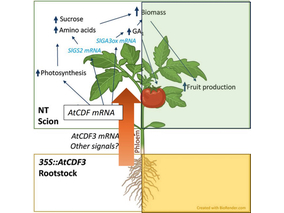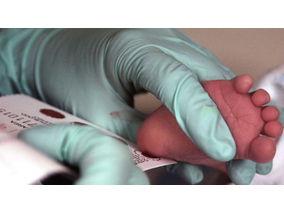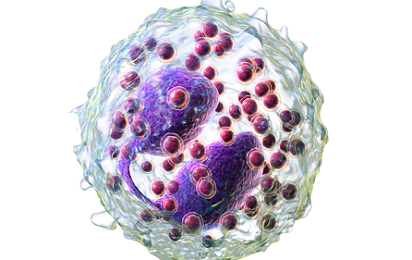On 13 March, IDIBAPS hosted the annual meeting of the European HEP-CAR consortium. The aim of the project is to identify the molecular mechanisms involved in the development of hepatocellular carcinoma (HCC) and their role in the different co-morbidities that induce the onset of this type of cancer: the infection by hepatitis B and C viruses, alcohol intake or obesity. Translational Reserarch in Hepatic Oncology IDIBAPS group, led by Dr. Josep M. Llovet, in collaboration with Dr. Roser Pinyol and 8 more researchers, participates in this research intiative.
The meeting was attended by researchers from the 10 European academic centers participating in the HEP-CAR project, coordinated by the University of Freiburg. The most recent research carried out by each researcher or group of researchers within the framework of the consortium was presented. The group led by Dr. Llovet explained the progress made in the molecular characterization of the immune system present in HCC, the most frequent type of liver cancer, and its potential relevance the identification of responses to new immunotherapies that have already proven to be effective in lung cancer and melanoma.
The HEP-CAR project is part of Horizon 2020, the European Comission framework programme for research and innovation, and has a budget of 5.7 million euros, one of them corresponding to IDIBAPS.

AtCDF3 gene induced greater production of sugars a...

Un estudio con datos de los últimos 35 años, ind...

Un equipo de investigadores de la Universidad Juli...

En nuestro post hablamos sobre este interesante tipo de célula del...

Regenera Activa Worldwide and Rigenera HBW, biotech firms specializing...
Biotechnology portal in Spain
Subscribe to our newsletter and stay up to date with the latest news and deals!
2013 © Biotech-Spain.com - Site Developments SL. All Rights Reserved. Terms of Service | Privacy Policy
Articles
Directory
